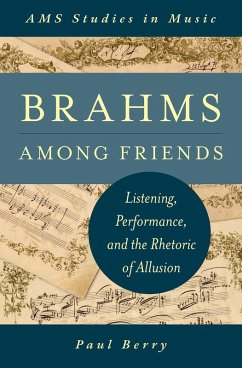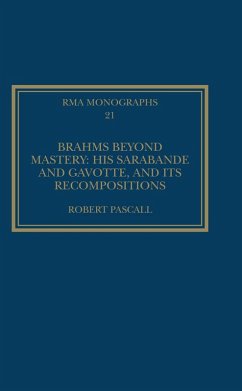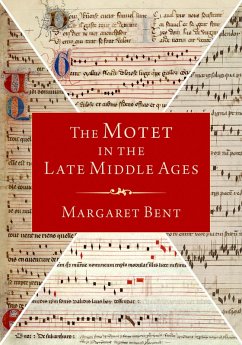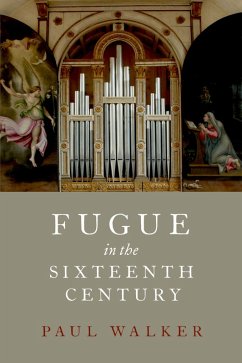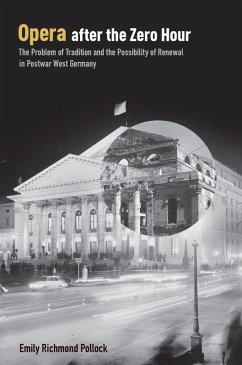
The Organ Music of Johannes Brahms (eBook, PDF)

PAYBACK Punkte
14 °P sammeln!
Influenced by Robert and Clara Schumann and Joseph Joachim, Johannes Brahms not only learned to play the organ at the beginning of his career, but also wrote significant compositions for the instrument as a result of his early counterpoint study. He composed for the organ only sporadically or as part of larger choral and instrumental works in his subsequent career. During the final year of his life, however, he returned to pure organ composition with a set of chorale preludes--though many of these are thought to have been revisions of earlier works. Today, the organ works of Johannes Brahms ar...
Influenced by Robert and Clara Schumann and Joseph Joachim, Johannes Brahms not only learned to play the organ at the beginning of his career, but also wrote significant compositions for the instrument as a result of his early counterpoint study. He composed for the organ only sporadically or as part of larger choral and instrumental works in his subsequent career. During the final year of his life, however, he returned to pure organ composition with a set of chorale preludes--though many of these are thought to have been revisions of earlier works. Today, the organ works of Johannes Brahms are recognized as beautifully-crafted compositions by church and concert organists across the world and have become a much-cherished component of the repertoire. Until now, however, most scholarly accounts of Brahms's life and work treat his works for the organ as a minor footnote in his development as a composer. Precisely because the collection of organ works is not extensive, the pieces--composed at different times during Brahms's lifetime--help to map his path as a composer, pinpointing various stages in his artistic development. In this volume, Barbara Owen offers the first in-depth study of this corpus, considering Brahms's organ works in relation to his background, methods, and overall artistic development, his contacts with organs and organists, the influence of his predecessors and contemporaries, and analyses of each specific work and its place in Brahms's career. Her expert history and analysis of Brahms's individual organ works and their interpretation also investigates contemporary practices relative to the performance of these pieces. The book's three valuable appendices present a guide to editions of Brahms's organ works, a discussion of the organ in Brahms's world that highlights some organs the composer would have heard, and a listing of the organ transcriptions of Brahms's work. Blending unique insights into composition and performance practice, this book will be read eagerly by performers, students, and scholars of the organ, Brahms, and the music of the Nineteenth Century.
Dieser Download kann aus rechtlichen Gründen nur mit Rechnungsadresse in A, B, BG, CY, CZ, D, DK, EW, E, FIN, F, GR, HR, H, IRL, I, LT, L, LR, M, NL, PL, P, R, S, SLO, SK ausgeliefert werden.





